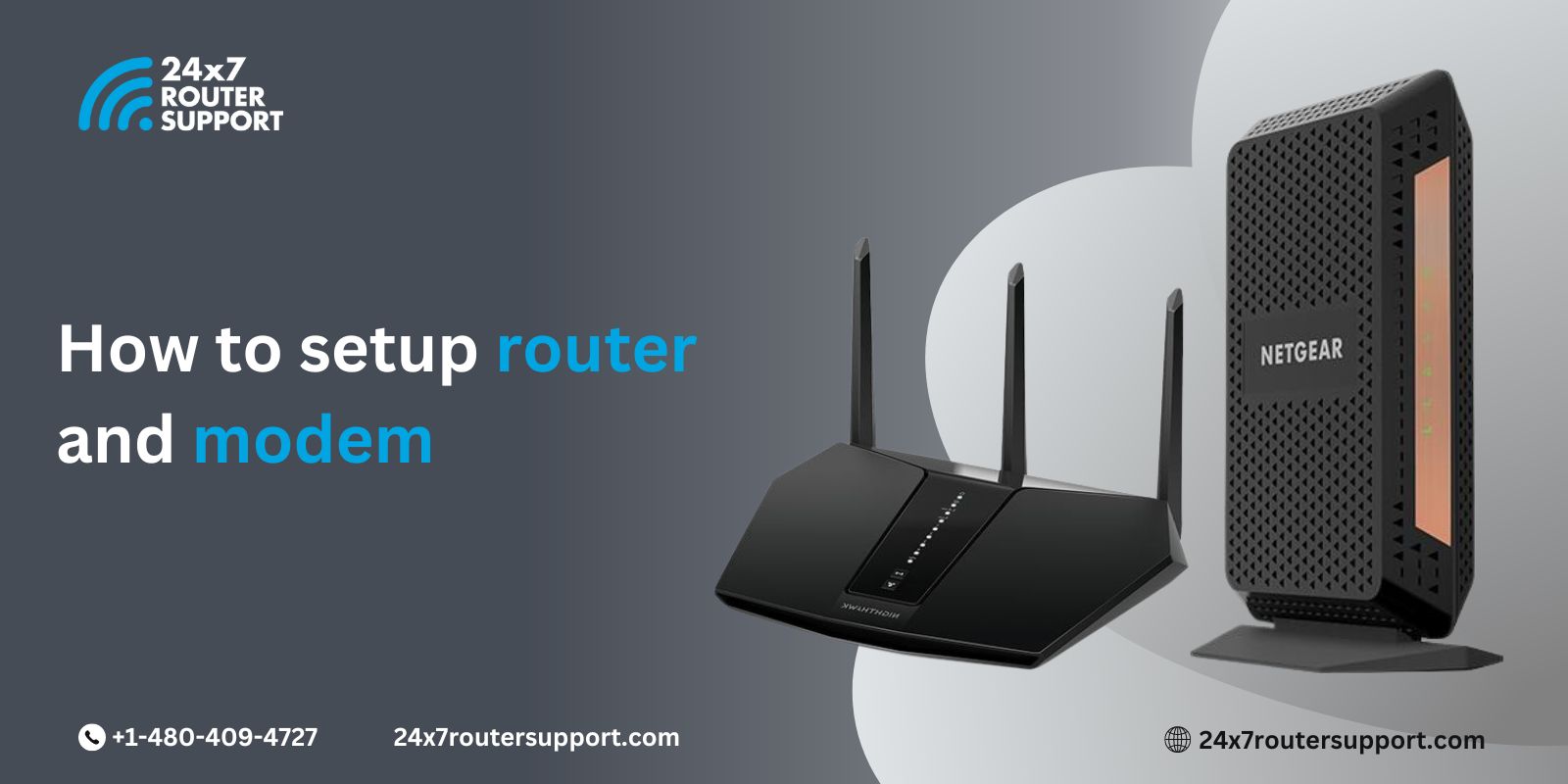In today’s digital age, access to a reliable internet connection has become increasingly essential. While urban areas enjoy high-speed broadband connectivity, rural regions often face significant challenges when it comes to accessing the Internet. Knowing the router troubleshooting steps becomes essential if you live in rural areas. In this blog post, we will explore the unique obstacles that rural communities encounter in obtaining reliable internet connectivity and discusses potential solutions for the problem.
Network Connectivity Challenges Faced by Rural Areas:
- Geographical Barriers: Rural areas often have challenging geographical locations, such as mountains, valleys, or dense forests, which hinder the deployment of traditional broadband infrastructure. Laying cables and establishing a robust network becomes a costly and logistically complex challenge.
- Lack of Infrastructure Investment: Due to a smaller population and lower profitability potential, internet service providers (ISPs) may be reluctant to invest in rural infrastructure. This leads to a lack of network coverage and limited options for rural residents.
- Distance from Central Exchanges: Rural communities are typically situated far away from central exchanges where internet connectivity is concentrated. The longer the distance, the more degraded the internet signal becomes, resulting in slower speeds and unreliable connections.
- Affordability: High-speed internet services often come at a premium cost, making them financially burdensome for rural residents who may have limited incomes. This affordability gap further exacerbates the digital divide between rural and urban areas.
Solutions for Rural Internet Connectivity:
- Satellite Internet: Satellite internet services have the potential to reach remote areas that are otherwise difficult to connect through traditional means. By transmitting data to and from satellites in orbit, rural communities can access the internet without relying on terrestrial infrastructure. However, satellite internet may be subject to higher latency and lower data caps.
- Mobile Broadband and 5G: Mobile broadband networks and the deployment of 5G technology can provide rural areas with wireless connectivity options. By expanding the coverage of cellular networks, ISPs can offer faster and more reliable internet connections to rural communities. However, this solution requires the construction of additional cell towers and adequate spectrum allocation.
- Community Networks: In some cases, rural communities have taken matters into their own hands by creating community networks. These initiatives involve residents and organizations collaborating to build and maintain their internet infrastructure. Community networks offer an affordable and sustainable approach to expanding internet access in underserved areas.
- Government Initiatives: Governments play a crucial role in bridging the digital divide. Public-private partnerships and government-funded programs can incentivize ISPs to invest in rural infrastructure. Policies that promote broadband expansion, provide subsidies, and allocate resources for internet infrastructure development can significantly improve rural connectivity.
- Wireless Internet Service Providers (WISPs): WISPs are specialized ISPs that use wireless technology to deliver internet connectivity to rural areas. They utilize radio frequencies to establish connections between towers and subscriber antennas, offering an alternative to traditional wired networks. WISPs have the flexibility to reach geographically challenging regions more efficiently.
Conclusion
Access to reliable internet connectivity is no longer a luxury but a necessity for rural communities. By understanding the challenges coming in rural internet connectivity, and implementing appropriate solutions, we can bridge the digital gap and ensure that rural areas can participate fully in the digital economy. Through a combination of satellite internet, mobile broadband, community networks, government initiatives, and WISPs, we can improve rural internet connectivity and empower rural residents with the tools they need to thrive in an increasingly interconnected world. Additionally, router troubleshooting services should be spread in rural areas.
Get the Best Online Router Support
24×7 Router Support provides online router support to help people solve their internet connectivity issues. We know how annoying internet connectivity issues can be, and that’s why we provide instant solutions for all the problems related to your routers. Router troubleshooting can be a challenging task for non-tech-savvy individuals. You can contact us through chat support, email, or our helpline number.
Internet Issues? We’ve got you covered
Don’t let internet problems slow you down. Click here to access our 24/7 router support and enjoy uninterrupted internet connectivity!





